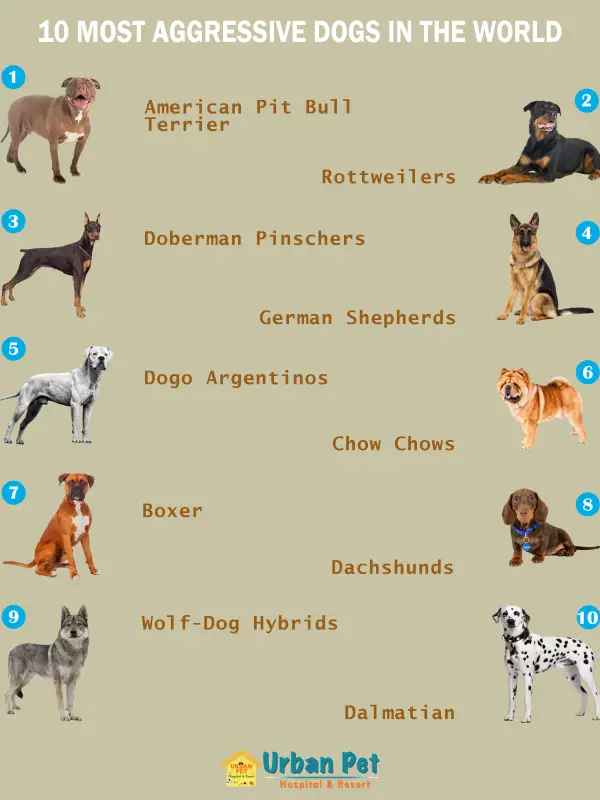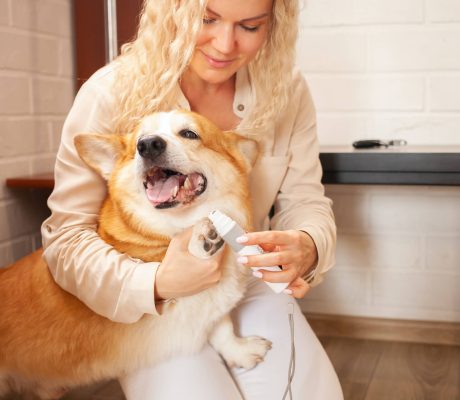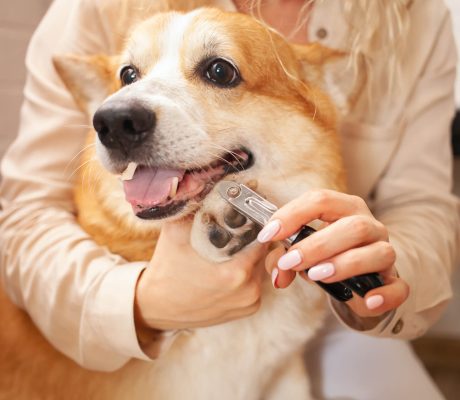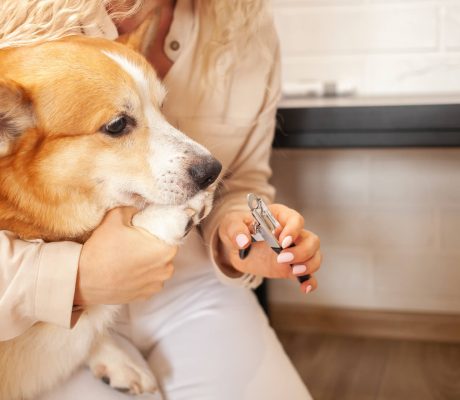Certain dog breeds, such as German Shepherds, Rottweilers, and Pit Bulls, are genetically predisposed to aggression. However, any dog can become aggressive due to a combination of genetic predispositions and environmental factors.
Aggression is not limited to specific breeds and may also be influenced by learned behavior. It is important to consider individual temperament and behavior rather than solely relying on breed stereotypes. Proper training and socialization play crucial roles in shaping a dog's behavior and reducing aggression.
Understanding the complex interplay between genetics and environment is essential in addressing and managing aggressive behaviors in dogs.
Introduction To Breed-based Aggression
Genetically aggressive dog breeds exhibit varying temperaments based on genetic predispositions and environmental influences. The debate surrounding aggression often centers on the interplay between genetics and behavior. While certain breeds like German Shepherds, Rottweilers, and Pit Bulls may have genetic inclinations towards aggression, it is essential to recognize that environmental factors also play a significant role. Understanding the distinction between myth and fact is crucial in addressing breed-based aggression in dogs.

Credit: www.dailymail.co.uk
Common Misconceptions About Aggressive Breeds
There are several misconceptions about aggressive dog breeds. Popular breeds are often scrutinized based on myths, which are influenced by the media and public perception.
Temperament Traits Of Popular Dog Breeds
Breed-specific temperaments: A closer lookGerman Shepherds are intelligent, loyal, and protective. Rottweilers are self-assured, devoted, and fearless. Pit Bulls are intelligent, friendly, and loyal, but can also display aggression. While these breeds may have genetic predispositions to aggression, it is important to note that aggression in dogs can also be influenced by environmental factors. It is not solely determined by genetics. Specific conditions like Rage Syndrome may suggest a genetic basis in some cases, but overall, aggression is a complex behavior that is influenced by a combination of genetics and environment. When it comes to aggression in dogs, it is important to understand that it is not limited to any specific breed. It is true that certain breeds may have a reputation for being more aggressive, but it is crucial to remember that individual dogs within those breeds can vary in temperament and behavior. Responsible ownership, proper socialization, and training are key factors in managing and preventing aggression in dogs. For more information on aggression in dogs and specific breeds, please refer to reputable sources and consult with a professional dog trainer or behaviorist. |
The Genetics Of Canine Aggression
Aggression in dogs can be influenced by genetics and environmental factors. While certain breeds like German Shepherds, Rottweilers, and Pit Bulls may have a genetic predisposition to aggression, it is important to note that any dog can exhibit aggressive behavior. It is not solely determined by genetics. Some conditions, such as Rage Syndrome, suggest a genetic basis in certain cases. However, aggression in dogs is not limited to specific breeds or solely determined by genes. Environmental factors, training, and socialization also play a significant role in a dog's behavior.
Identifying specific aggression genes in dogs is a complex task. While research has been conducted to understand the genetic basis of aggression, it is not yet fully understood. Aggression is a multifactorial trait influenced by multiple genes and their interactions. Therefore, it is challenging to pinpoint specific genes responsible for aggression in dogs.
It is important to remember that aggression in dogs should be addressed through proper training, socialization, and responsible ownership. Seeking professional help from a qualified dog behaviorist or trainer is recommended for managing and modifying aggressive behavior in dogs.
Environmental Factors Influencing Aggression
Environmental factors play a crucial role in shaping the behavior of aggressive dog breeds. The way a dog is nurtured and the environment in which it is raised can have a significant impact on its aggression levels. Training and socialization also have profound effects on the behavior of aggressive dog breeds, influencing how they interact with people and other animals.
Aggression Management And Prevention
Aggression management and prevention are crucial when dealing with genetically aggressive dog breeds. While certain breeds like German Shepherds, Rottweilers, and Pit Bulls may have a genetic predisposition to aggression, it's important to remember that any dog can exhibit aggressive behavior.
Proper training and socialization are key in managing and preventing aggression in these breeds.
| Genetically Aggressive Dog Breeds |
| Aggression management in dogs is crucial. Strategies include early socialization and training. Responsible breeding plays a key role in preventing aggression. Genetics and environment both impact a dog's behavior. Some breeds are more prone to aggression due to genetic predispositions. However, proper training and care can help mitigate aggressive tendencies. Understanding the importance of responsible breeding is essential in managing and preventing aggression in dogs. |
Territorial And Protective Instincts In Dogs
| Genetically Aggressive Dog Breeds |
| Territorial and Protective Instincts in Dogs |
Dogs have a natural instinct to protect their territory and family. Understanding this behavior is crucial for owners of genetically aggressive dog breeds like German Shepherds, Rottweilers, and Pit Bulls. It is important to balance their protective instincts with social behavior by providing proper training and socialization from an early age. Aggression in dogs arises from both genetic predispositions and environmental factors, not limited to any breed. Genetics may influence the likelihood of aggression, but it is not the sole determinant. Specific conditions, like Rage Syndrome, suggest a genetic basis in some cases.
While there are exceptions to every list, some dog breeds are well known for their territorial behavior. These include Doberman Pinschers, Rottweilers, Bull Mastiffs, Rhodesian Ridgebacks, German Shepherds, and Giant Schnauzers. However, any dog can become aggressive if not trained and socialized properly. Therefore, it is essential to provide a loving and nurturing environment to all dogs.
Expert Opinions On Aggressive Dog Breeds
Genetically aggressive dog breeds like German Shepherds, Rottweilers, American Pit Bull Terriers, and others have garnered attention due to their potential for aggression. However, experts suggest that genetics alone do not determine a dog's aggression. Environmental factors and training play a significant role in a dog's behavior. Veterinary insights suggest that aggression in dogs may arise due to specific conditions like Rage Syndrome, which may have a genetic basis.
Trainers use techniques like positive reinforcement, socialization, and desensitization to mitigate the risk of aggression in dogs. However, it is crucial to note that any dog can become aggressive, irrespective of their breed. Some breeds like Doberman Pinschers, Rottweilers, and German Shepherds are known for their territorial behavior, but exceptions exist in every list. It is essential to understand a dog's temperament before adopting or training them.
| Breed | Temperament |
|---|---|
| German Shepherd | Intelligent, Stubborn, Loyal, Alert, Obedient, Confident, Protective |
| Rottweiler | Self-assured, Good-natured, Alert, Devoted, Obedient, Fearless, Confident |
| American Pit Bull Terrier | Intelligent, Stubborn, Aggressive, Clownish, Friendly, Loyal, Affectionate |
| Doberman Pinscher | Intelligent, Loyal, Energetic, Alert, Obedient, Determined, Fearless |
| Chow Chow | Aloof, Loyal, Independent, Quiet |
| Chihuahua | Lively, Aggressive, Alert, Quick, Devoted, Courageous |
| Siberian Husky | Intelligent, Friendly, Alert, Outgoing, Gentle, Curious, Playful |
Case Studies: Rehabilitation Of Aggressive Dogs
Rehabilitating genetically aggressive dog breeds can be a challenging but rewarding process. With proper training, socialization, and behavior modification techniques, aggressive dogs can learn to become more balanced and well-behaved companions. It is important to remember that aggression in dogs is not solely determined by genetics, but also influenced by environmental factors.
| Genetically Aggressive Dog Breeds |
| Case Studies: Rehabilitation of Aggressive Dogs |
| Success stories in aggression management |
| Aggression in dogs can stem from genetic predispositions |
| Factors like environment also play a significant role |
| Not specific to any particular breed |
| Rage Syndrome may indicate a genetic component |
| American Pit Bull Terriers known for tenacity and determination |
| Used historically in dog fighting |
| Proper upbringing crucial to behavior |
| Notable territorial dog breeds include Doberman Pinscher and Rottweiler |
| Other territorial breeds: Bull Mastiff, Rhodesian Ridgeback, German Shepherd, Giant Schnauzer |

Credit: dogacademy.org
Conclusion: Rethinking Aggression In Dog Breeds
Genetically aggressive dog breeds encompass a range of breeds with various temperaments. The myth of certain breeds being inherently aggressive is not entirely accurate. In reality, aggression in dogs arises from a combination of genetic predispositions and environmental factors. While genetics may influence the likelihood of aggression, it is not the sole determinant.
Furthermore, specific conditions such as Rage Syndrome suggest a genetic basis in some cases. Moving forward, it is crucial to consider the interplay between genetics and environment in understanding canine aggression. By debunking misconceptions and focusing on comprehensive research, we can reshape our understanding of aggression in dog breeds.
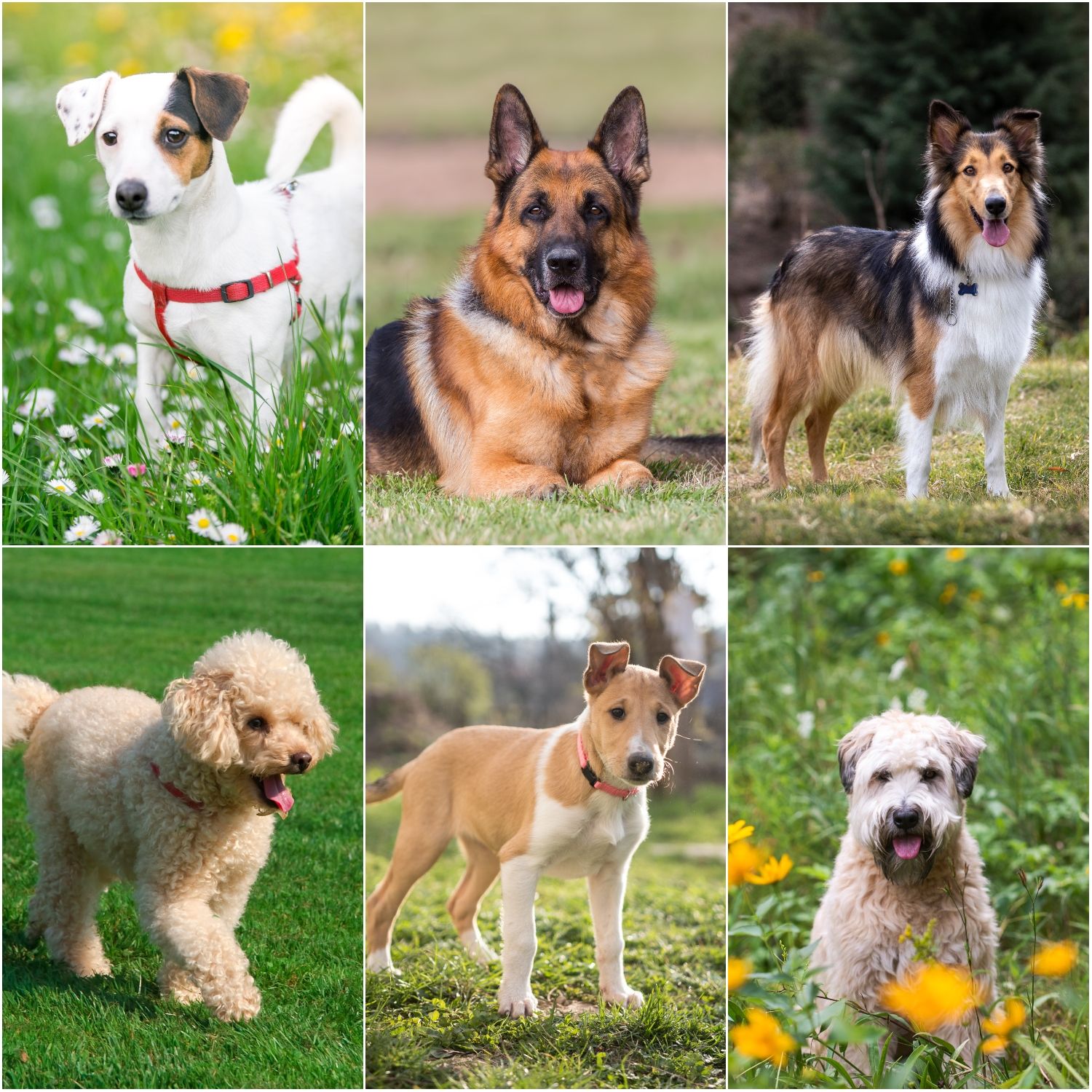
Credit: www.countryliving.com
Frequently Asked Questions
What Is The Most Naturally Aggressive Dog?
The most naturally aggressive dog breeds include German Shepherds, Rottweilers, and American Pit Bull Terriers. Aggression in dogs can be influenced by genetics but is not limited to any specific breed. It also arises from environmental factors.
Is There A Gene For Aggression In Dogs?
Aggression in dogs is influenced by genetics and environment, not tied to a specific gene. Certain breeds may have genetic predispositions, but aggression is not solely genetic. Conditions like Rage Syndrome may have a genetic basis in some cases.
What Breed Of Dog Is Considered Aggressive?
Breeds like American Pit Bull Terriers and Rottweilers are considered aggressive due to their genetic predisposition.
What Is The Most Territorial Dog Breed?
The Doberman Pinscher, Rottweiler, Bull Mastiff, Rhodesian Ridgeback, German Shepherd, and Giant Schnauzer are known for their territorial behavior. However, aggression in dogs can be influenced by genetics and environmental factors, and any breed can exhibit aggressive behavior. It's important to properly train and socialize dogs to prevent aggression.
Conclusion
It is important to understand that aggression in dogs is not solely determined by genetics. While certain breeds may have a predisposition towards aggression, environmental factors and training also play a significant role. As responsible pet owners, it is our duty to ensure that our dogs receive proper training and socialization to prevent any aggressive behavior.
Ultimately, it is up to us to create a safe and nurturing environment for our furry friends.


